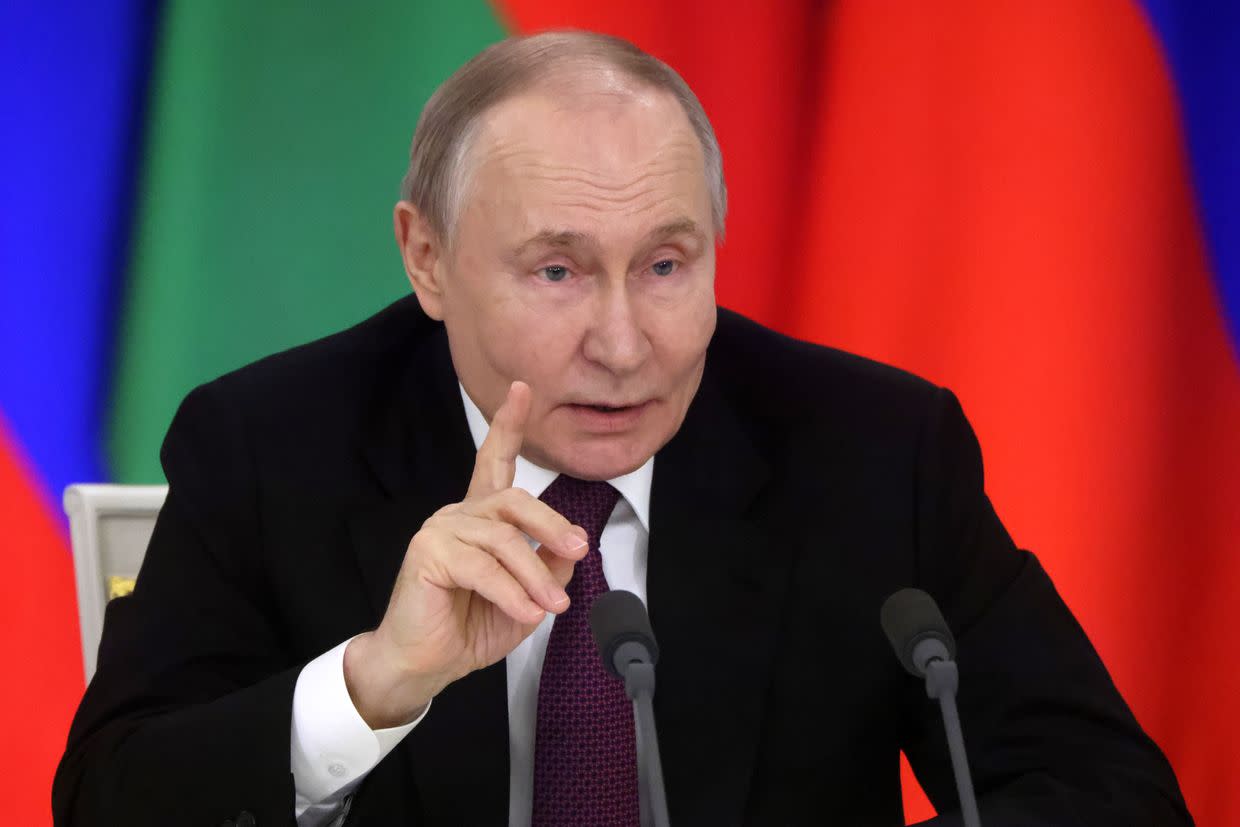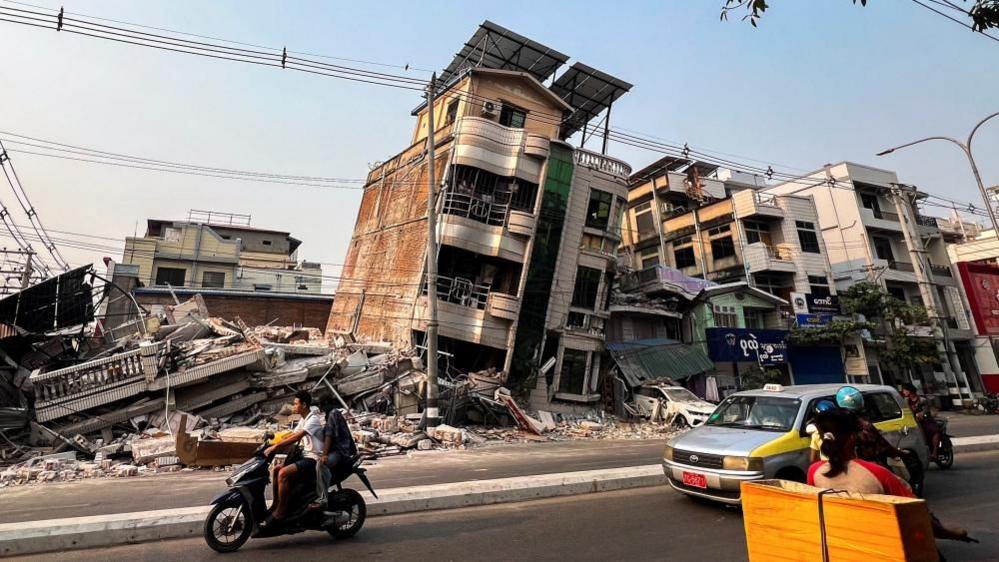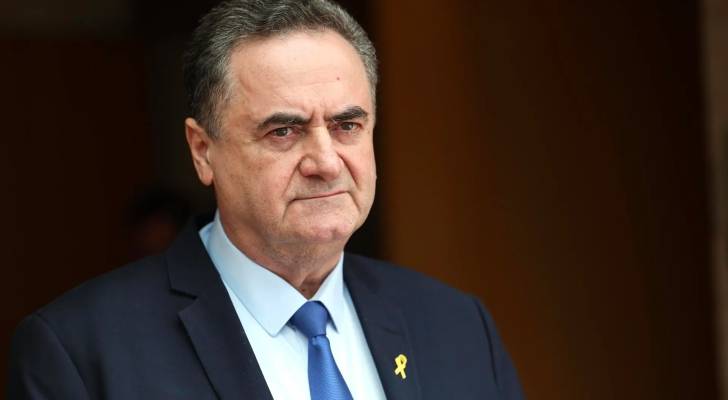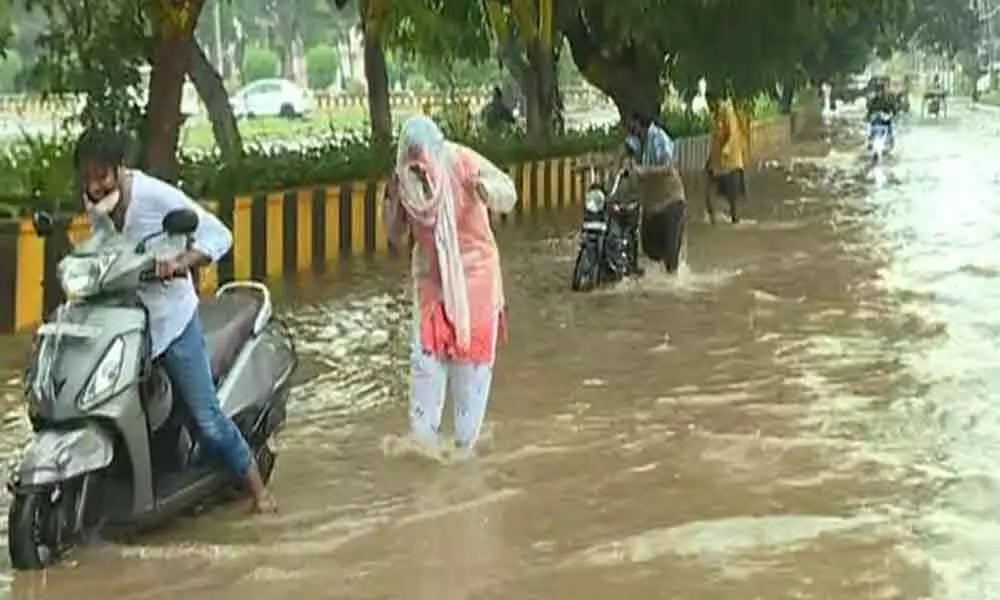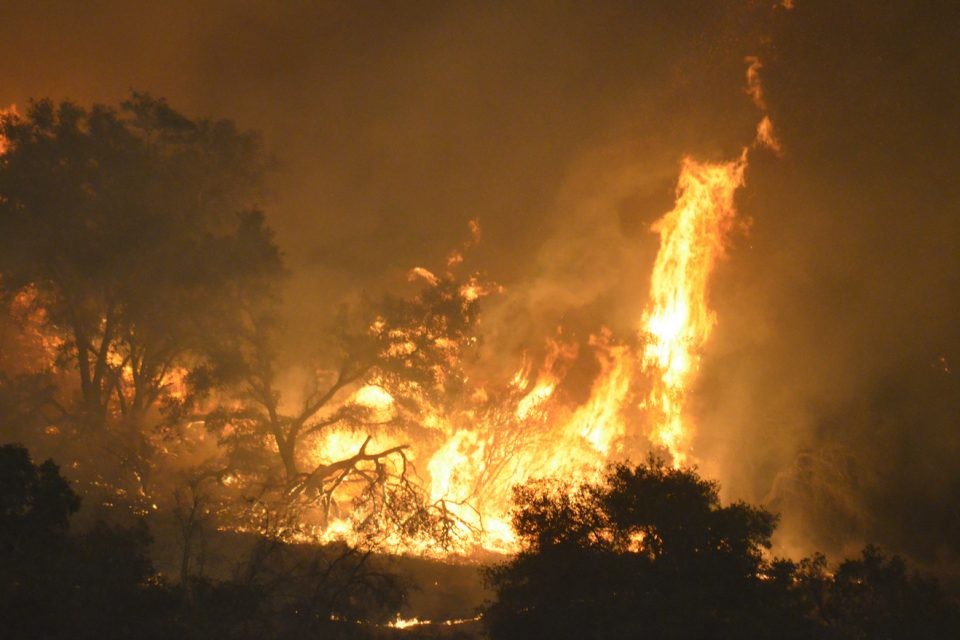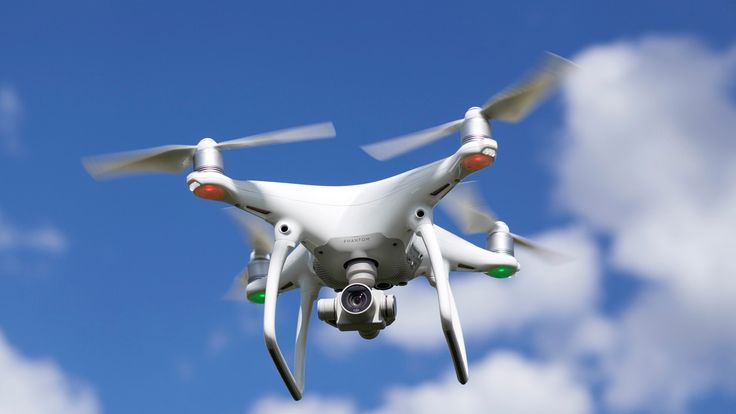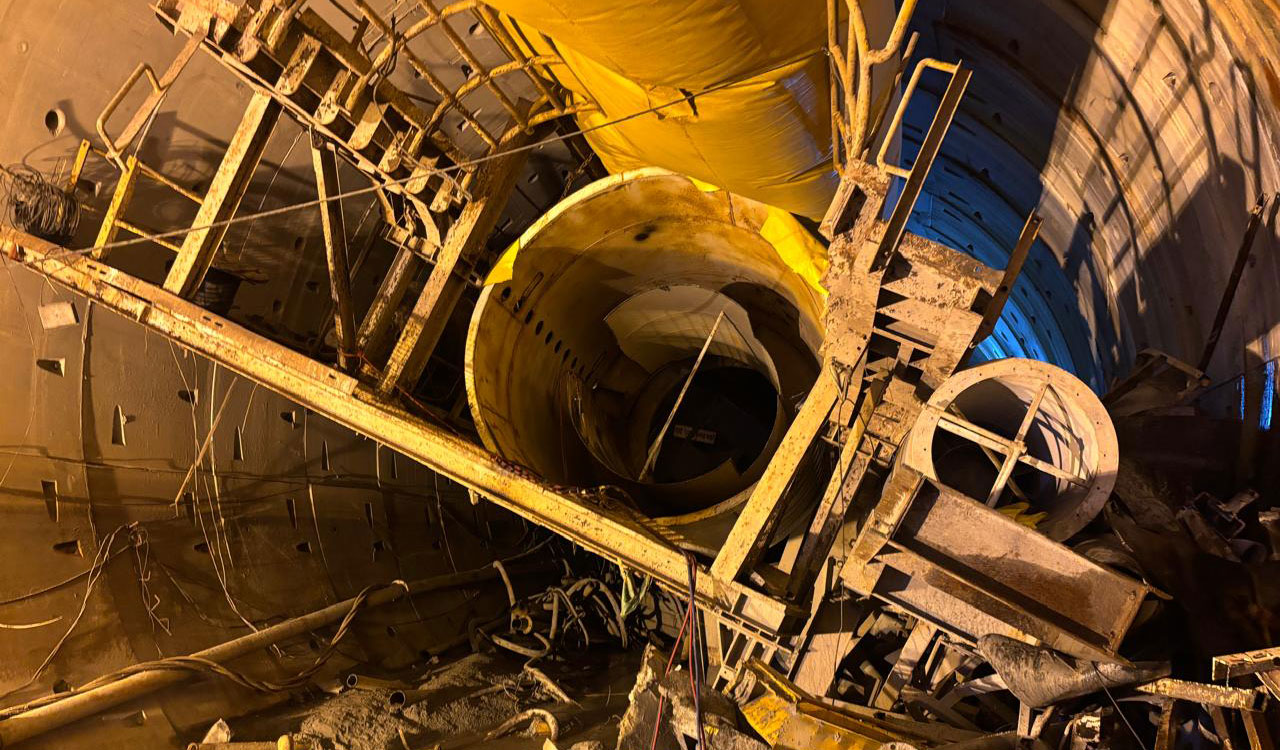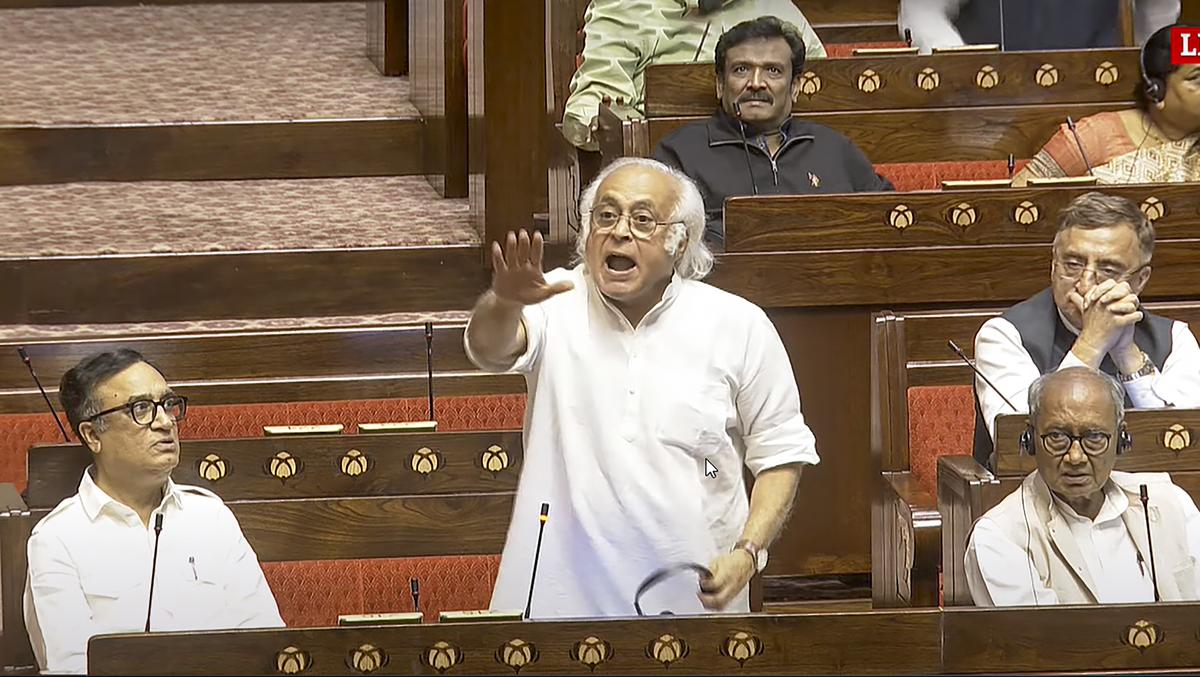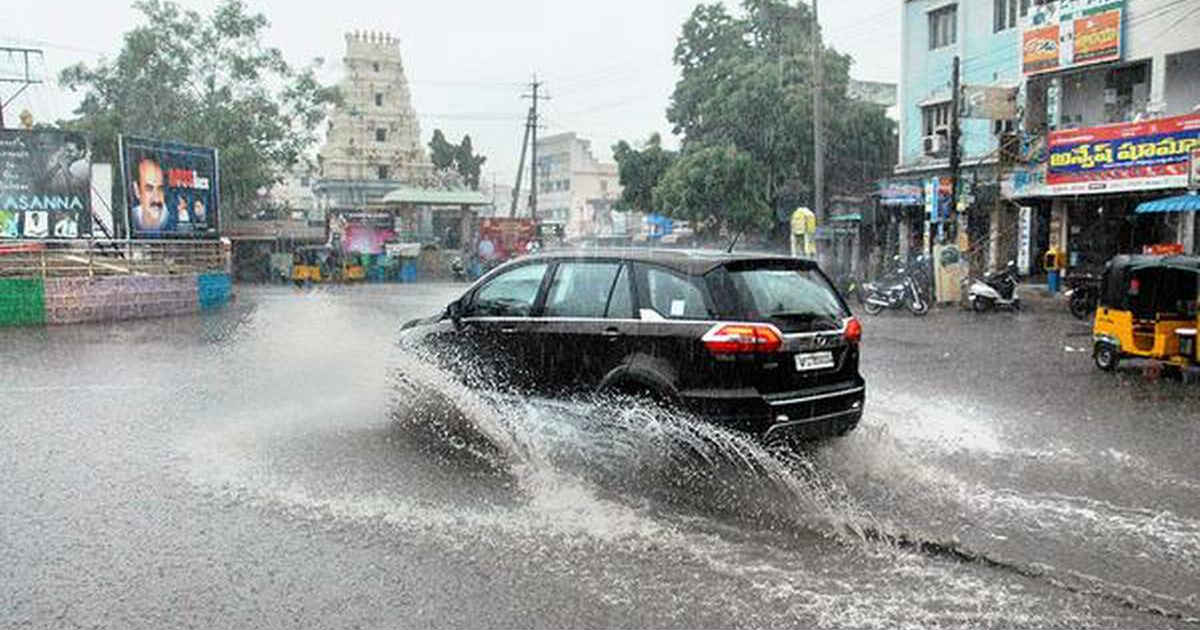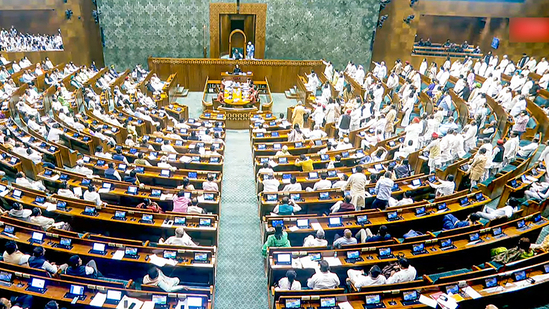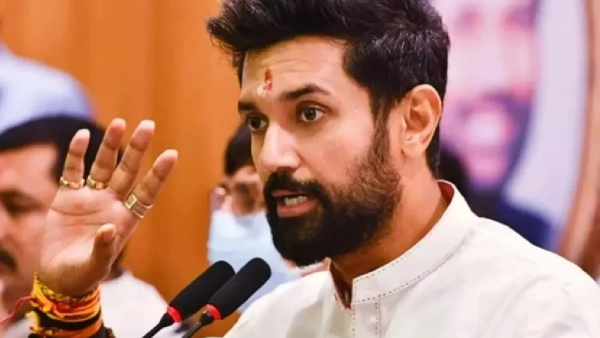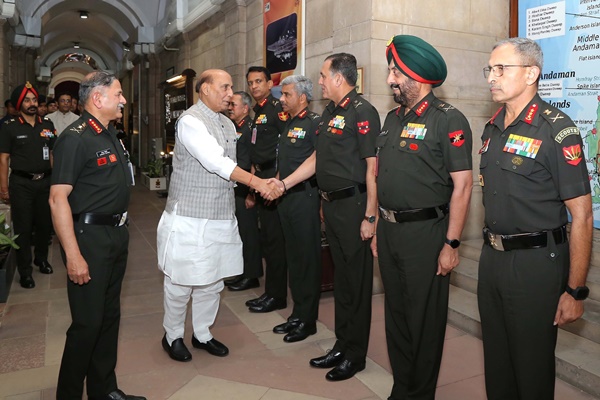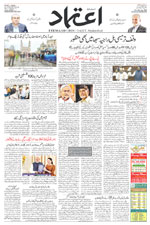Family of suicide bombers target Indonesia churches in ‘barbaric’ attack
Sun 13 May 2018, 19:11:49
At least 13 people have died in suicide attacks on churches in Indonesia’s second-largest city, carried out by a family of six that included two young children, police said.
All six family members were killed in the attacks in Surabaya and at least 41 people were injured, in acts that Indonesia’s president condemned as “barbaric”.
The bombings were the worst to target churches in Indonesia since a series of attacks on Christmas Eve in 2000 killed 15 people and wounded nearly 100. Religious minorities in Indonesia, especially Christians, have been repeatedly targeted by militants.
National police chief Tito Karnavian said that the father exploded a car bomb, two sons aged 18 and 16 used a motorcycle for their attack, and the mother was with daughters aged 12 and nine for her attack.
All six family members were killed in the attacks in Surabaya and at least 41 people were injured, in acts that Indonesia’s president condemned as “barbaric”.
The bombings were the worst to target churches in Indonesia since a series of attacks on Christmas Eve in 2000 killed 15 people and wounded nearly 100. Religious minorities in Indonesia, especially Christians, have been repeatedly targeted by militants.
National police chief Tito Karnavian said that the father exploded a car bomb, two sons aged 18 and 16 used a motorcycle for their attack, and the mother was with daughters aged 12 and nine for her attack.
Mr Karnavian said the family had returned to Indonesia from Syria, where until recently the Islamic State group controlled significant territory.
The extremist group claimed responsibility for Sunday’s attacks in a statement carried by its Aamaq news agency.
The first attack struck the Santa Maria Roman Catholic Church in Surabaya, police spokesman Frans Barung Mangera told reporters. That blast was followed by a second explosion minutes later at the Christian Church of Diponegoro and a third at the city’s Pantekosta Church.
A witness described the woman’s attack at the Diponegoro church, saying she was carrying two bags when she arrived.
“At first officers blocked them in front of the churchyard, but the woman ignored them and forced her way inside. Suddenly she hugged a civilian then (the bomb) exploded,” said the witness, a security guard who identified himself as Antonius.
Mr Mangera said three unexploded homemade bombs – two at the Pantekosta church and one at the Diponegoro church – were detonated by a bomb squad.
Shattered glass and chunks of concrete littered the entrance of the Santa Maria Church, which was sealed off by armed police. Rescue personnel treated victims at a nearby field while officers inspected wrecked motorcycles in the car park that had been burned
in the explosion.
A street merchant outside the church said she was blown several metres by the blast.
“I saw two men riding a motorbike force their way into the churchyard. One was wearing black pants and one with a backpack,” said the merchant, Samsia, who uses a single name. “Soon after that the explosion happened.”
President Joko “Jokowi” Widodo visited the scenes of the attacks and described them as “cowardly actions” that were “very barbaric and beyond the limit of humanity”.
In Jakarta, Indonesia’s capital, the Indonesian Church Association condemned the attacks.
“We are angry,” said Gormar Gultom, an official with the association, who urged people to let the police investigation take its course.
Indonesia’s two largest Muslim organisations, Nahdlatul Ulama and Muhammadiyah, also condemned the attacks.
Separately, national police spokesman Setyo Wasisto said police fatally shot four suspected militants and arrested two others early on Sunday in West Java towns. It was not clear whether the shootings were connected to the church attacks.
“They have trained in order to attack police,” Mr Wasisto said, identifying the militants as members of Jemaah Anshorut Daulah, an Islamic State group-affiliated network of about two dozen extremist groups that has been implicated in a number of attacks in Indonesia over the past year.
Jakarta police placed the capital and surrounding areas on high alert, while the transportation ministry warned airports to be on guard.
The church attacks came days after police ended a hostage-taking ordeal by imprisoned Islamic militants at a detention centre near Jakarta in which six officers and three inmates died. IS claimed responsibility.
Indonesia has carried out a sustained crackdown on militants since bombings by al Qaida-affiliated radicals in Bali in 2002 killed 202 people. In recent years, the country has faced a new threat as the rise of IS in the Middle East invigorated local militant networks.
Christians, many of whom are from the ethnic Chinese minority, make up about 9% of Indonesia’s 260 million people.
The extremist group claimed responsibility for Sunday’s attacks in a statement carried by its Aamaq news agency.
The first attack struck the Santa Maria Roman Catholic Church in Surabaya, police spokesman Frans Barung Mangera told reporters. That blast was followed by a second explosion minutes later at the Christian Church of Diponegoro and a third at the city’s Pantekosta Church.
A witness described the woman’s attack at the Diponegoro church, saying she was carrying two bags when she arrived.
“At first officers blocked them in front of the churchyard, but the woman ignored them and forced her way inside. Suddenly she hugged a civilian then (the bomb) exploded,” said the witness, a security guard who identified himself as Antonius.
Mr Mangera said three unexploded homemade bombs – two at the Pantekosta church and one at the Diponegoro church – were detonated by a bomb squad.
Shattered glass and chunks of concrete littered the entrance of the Santa Maria Church, which was sealed off by armed police. Rescue personnel treated victims at a nearby field while officers inspected wrecked motorcycles in the car park that had been burned
in the explosion.
A street merchant outside the church said she was blown several metres by the blast.
“I saw two men riding a motorbike force their way into the churchyard. One was wearing black pants and one with a backpack,” said the merchant, Samsia, who uses a single name. “Soon after that the explosion happened.”
President Joko “Jokowi” Widodo visited the scenes of the attacks and described them as “cowardly actions” that were “very barbaric and beyond the limit of humanity”.
In Jakarta, Indonesia’s capital, the Indonesian Church Association condemned the attacks.
“We are angry,” said Gormar Gultom, an official with the association, who urged people to let the police investigation take its course.
Indonesia’s two largest Muslim organisations, Nahdlatul Ulama and Muhammadiyah, also condemned the attacks.
Separately, national police spokesman Setyo Wasisto said police fatally shot four suspected militants and arrested two others early on Sunday in West Java towns. It was not clear whether the shootings were connected to the church attacks.
“They have trained in order to attack police,” Mr Wasisto said, identifying the militants as members of Jemaah Anshorut Daulah, an Islamic State group-affiliated network of about two dozen extremist groups that has been implicated in a number of attacks in Indonesia over the past year.
Jakarta police placed the capital and surrounding areas on high alert, while the transportation ministry warned airports to be on guard.
The church attacks came days after police ended a hostage-taking ordeal by imprisoned Islamic militants at a detention centre near Jakarta in which six officers and three inmates died. IS claimed responsibility.
Indonesia has carried out a sustained crackdown on militants since bombings by al Qaida-affiliated radicals in Bali in 2002 killed 202 people. In recent years, the country has faced a new threat as the rise of IS in the Middle East invigorated local militant networks.
Christians, many of whom are from the ethnic Chinese minority, make up about 9% of Indonesia’s 260 million people.
No Comments For This Post, Be first to write a Comment.
Most viewed from International
Most viewed from World
AIMIM News
Latest Urdu News
Most Viewed
May 26, 2020
Do you think Canada-India relations will improve under New PM Mark Carney?
Latest Videos View All
Like Us
Home
About Us
Advertise With Us
All Polls
Epaper Archives
Privacy Policy
Contact Us
Download Etemaad App
© 2025 Etemaad Daily News, All Rights Reserved.

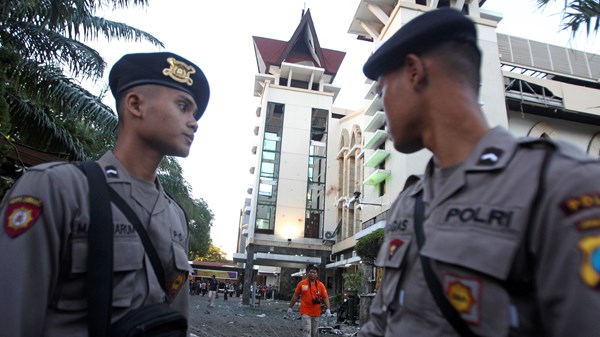
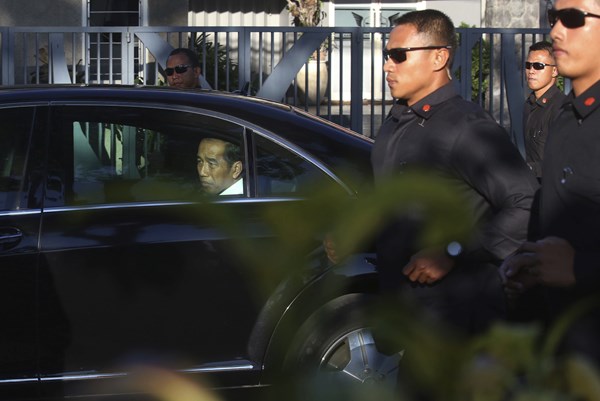
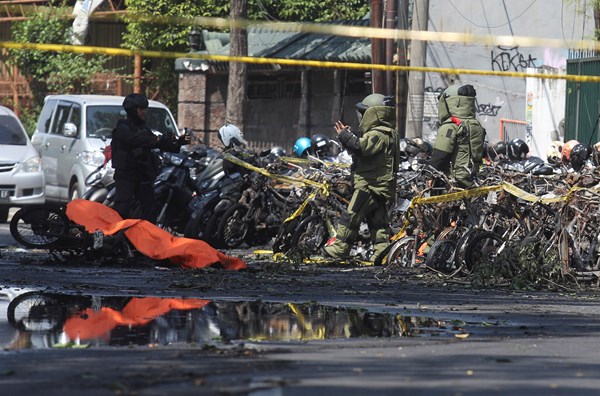
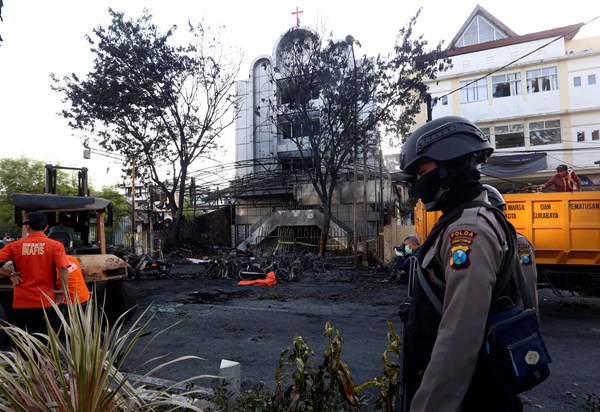
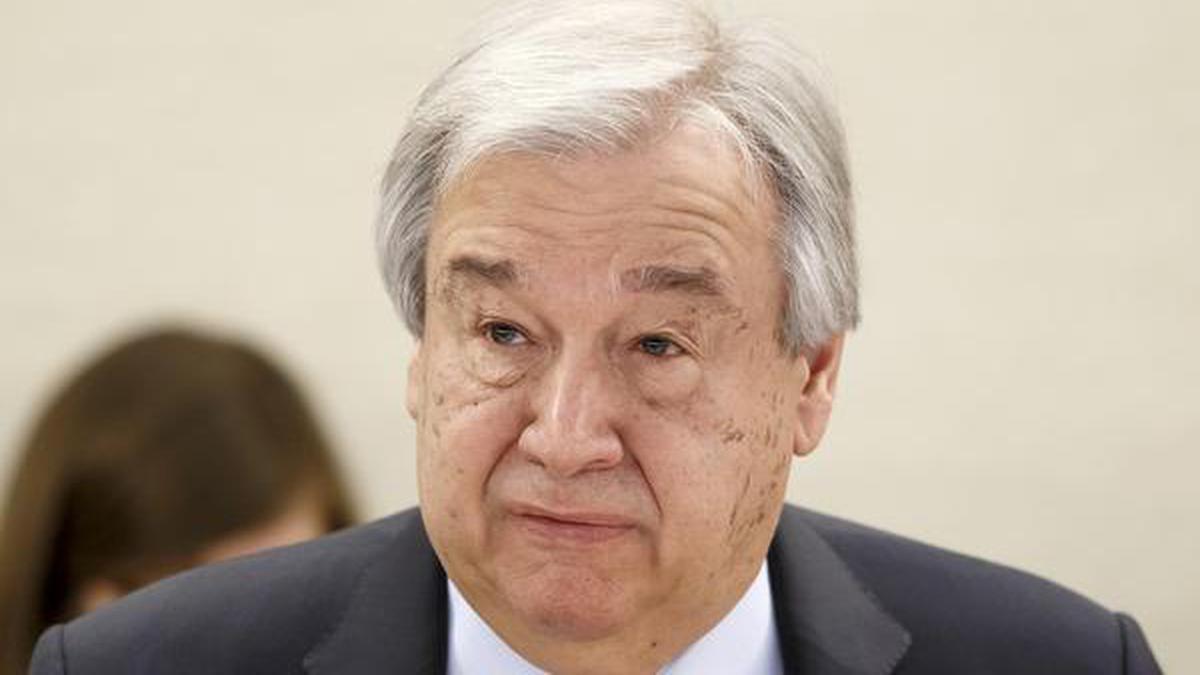

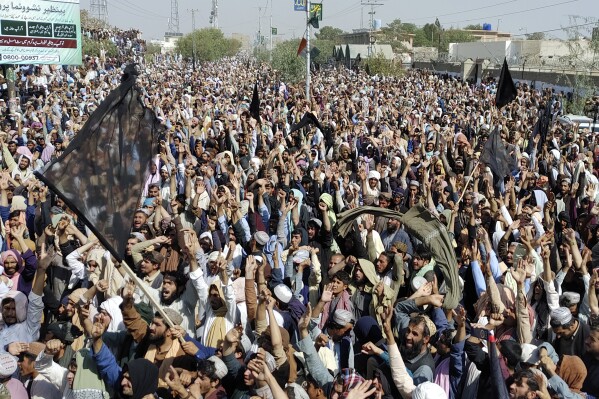
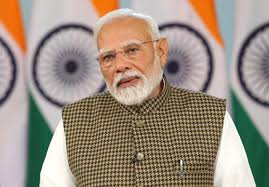
.jpg)
.jpg)

